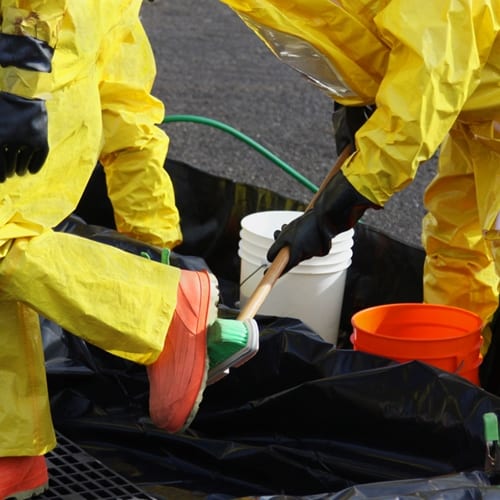Because commercial diving can encompass a wide range of different activities and industries, operators have to ensure they have the tools they need for divers to complete their scheduled tasks. This can mean both the physical tools they have to use and the insurance coverage that applies to them.
The different professional branches of commercial diving can indicate the kinds of equipment that might be required as part of an expedition. Water Welders lists some of these fields for consideration, and notes the differences between likely worker expertise.
For example, a HAZMAT diver will, according to the source, generally have as much as five years experience in their work and be equipped with pressurized, sealed suits. On the other hand, a scientific diver, who will have about the same level of experience, is more likely to be a scientist first, perhaps working for a research organization. Their field of study can involve unique instruments that other science divers wouldn't necessarily use.
Ultimately, a diving mission can be defined by the quality of the tools brought to the job. In a recent article for Underwater Magazine, Gary Kane said that choosing the proper tools impacts other factors, such as the strength of the work divers accomplish while submerged.
"Having the right tool for the job is the only way to maximize the amount of work a diver can achieve in the limited amount of time he can stay in the water," Kane writes. "Time is always working against the diver. It is not uncommon to see tools built specifically for a project."
Companies that specialize in underwater work can save operators time by providing quality coverage and industry knowledge.

